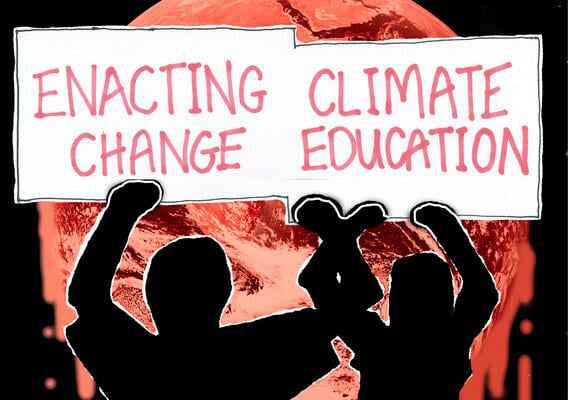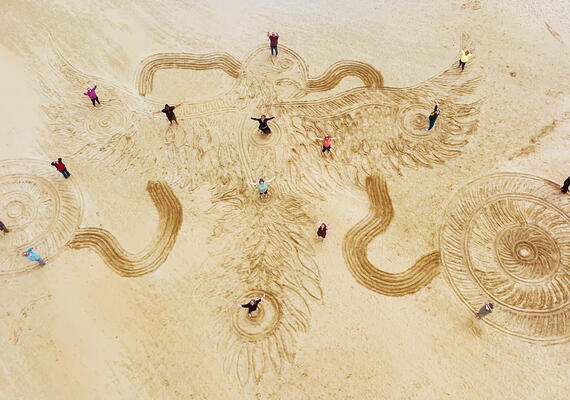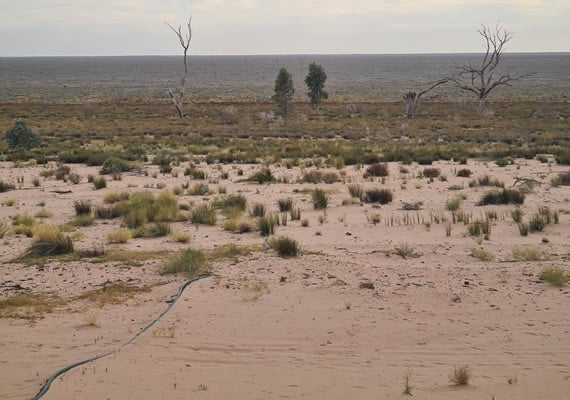
Enacting climate change education
This ARC-funded international project explores how school science can prepare young people for 21st century futures. The project translates science research and development into highly engaging, curriculum-informed teaching and learning sequences for primary and secondary school students in Australia, Finland and Taiwan.



